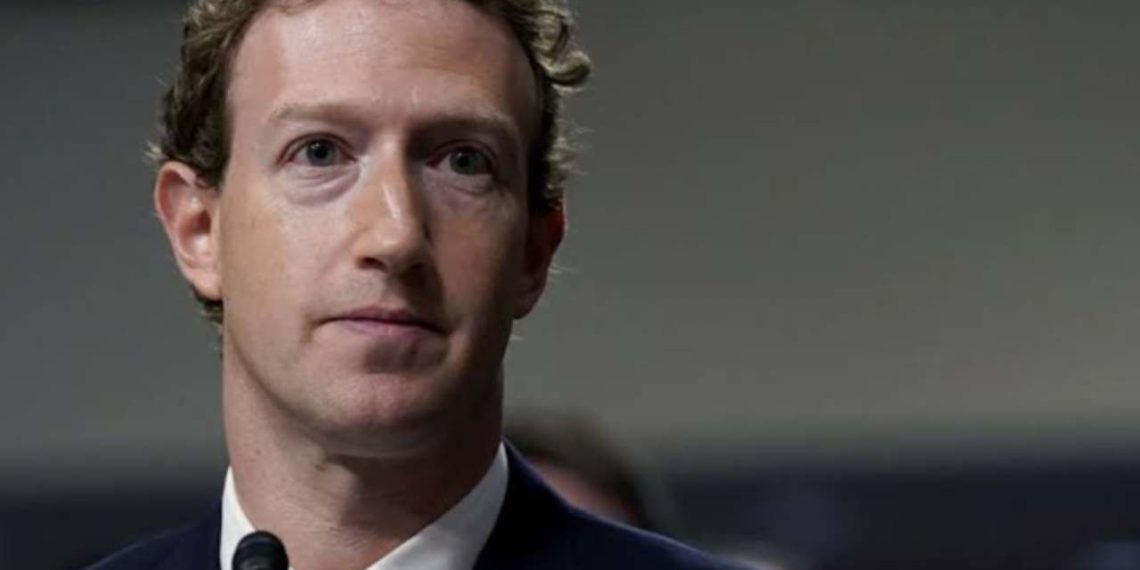Billionaire investor Bill Ackman, known for criticizing Harvard University amid concerns over antisemitism, plagiarism, and financial management, faced a setback on Friday. His attempt to secure four candidates on the Ivy League school’s governing board ballot was unsuccessful.
Another candidate, endorsed by Facebook founder Mark Zuckerberg, also fell short in securing a spot on Harvard’s board of overseers ballot, adding to the challenges faced by external figures in influencing the university’s governance.
Acting independently, the two men supported candidates following Harvard President Claudine Gay’s resignation last month. Her departure was amid criticism of handling antisemitism after Hamas’ Oct. 7 attack on Israel and allegations of plagiarism in her academic career, which both Gay and Harvard deny. Despite being Harvard’s first Black president, Gay stated stepping down was in the university’s best interest amid the controversy.
The board of overseers, Harvard’s second-highest governing body, holds authority over the hiring of the university’s president. Annually, five of the 30 board seats are open for election, with eligibility limited to Harvard alumni casting the votes.
On Friday, Harvard informed certain candidates, including Zoe Bedell, Alec Williams, Logan Leslie, Julia Pollak backed by Ackman, and Sam Lessin supported by Zuckerberg, that they fell short of the necessary threshold for ballot inclusion. Bedell mentioned they received between 2,300 and 2,700 votes each, while Lessin reported 2,901 votes. To secure a ballot spot, candidates needed 3,238 votes.
The board vote is scheduled for later this year. Both Harvard University and Bill Ackman have not provided immediate comments on the ballot results. Ackman, an alumnus who attended Harvard for undergraduate and business school, donating around $50 million, remains a vocal critic of President Claudine Gay’s campus management.
Earlier this year, he emphasized the need for change at Harvard, stating that the endorsed slate would bring fresh perspectives to the board.
Candidates supported by Zuckerberg and Ackman, who aim to bypass the Harvard Alumni Association’s endorsement, encounter significant challenges in securing a spot on the ballot. The association interviews and nominates candidates for a vote. In 2016, Harvard raised the required signatures for non-endorsed candidates from 200 to 1% of those entitled to vote in the prior election.
Harvard contends that maintaining open nominations helps prevent the potential hijacking of the process by special interests, drawing a parallel to the influence seen in political campaigns.
Lawrence Summers, former Harvard president and ex-U.S. Treasury secretary, recently endorsed dissident candidates, expressing support for Sam Lessin, Harvey Silverglate, Alec Williams, and others challenging Harvard’s traditional leadership. Summers made this statement on the social media platform X earlier this week.
Mark Zuckerberg, who left Harvard in 2004 to launch Facebook and pledged $500 million for AI research, endorsed Sam Lessin, an investor and former Facebook colleague.
Meanwhile, Bill Ackman supported Renew Harvard, a group of four candidates advocating for free speech, student protection from bullying, harassment, and addressing financial mismanagement at the university.
Renew Harvard, supported by Ackman, highlighted Harvard’s $50.7 billion endowment yielding a 2.9% return in fiscal 2023, significantly below the market’s nearly 20% gain—an issue Ackman also criticized.
The Renew Harvard slate included Zoe Bedell, an assistant U.S. attorney; entrepreneur Leslie, specializing in small business ventures; former Navy officer and investor Williams; and Pollak, Chief Economist at ZipRecruiter.
“It is clear our message really resonated with the Harvard community given that we were able to get so many votes in just three weeks, so we know these issues are important and will not be abandoning them,” Bedell said.
Renew Harvard, led by Bedell, plans to attempt write-in candidacy next year after their current bid fell short. Other candidates, including historian Todd Fine and attorney Silverglate, also ran campaigns. While the board of overseers is less powerful than the Harvard Corporation, its influence remains significant. The overseers employ the visitation process, allowing them to question faculty, assess departments, and influence university matters.
Recent successful challenges occurred in 2020 and 2021 when Harvard Forward secured four overseer seats, advocating for endowment divestment from fossil fuels. In 1989, dissident alumni supported a petition to elect Archbishop Desmond Tutu, aiming to pressure Harvard to divest from companies involved in South Africa during apartheid.




